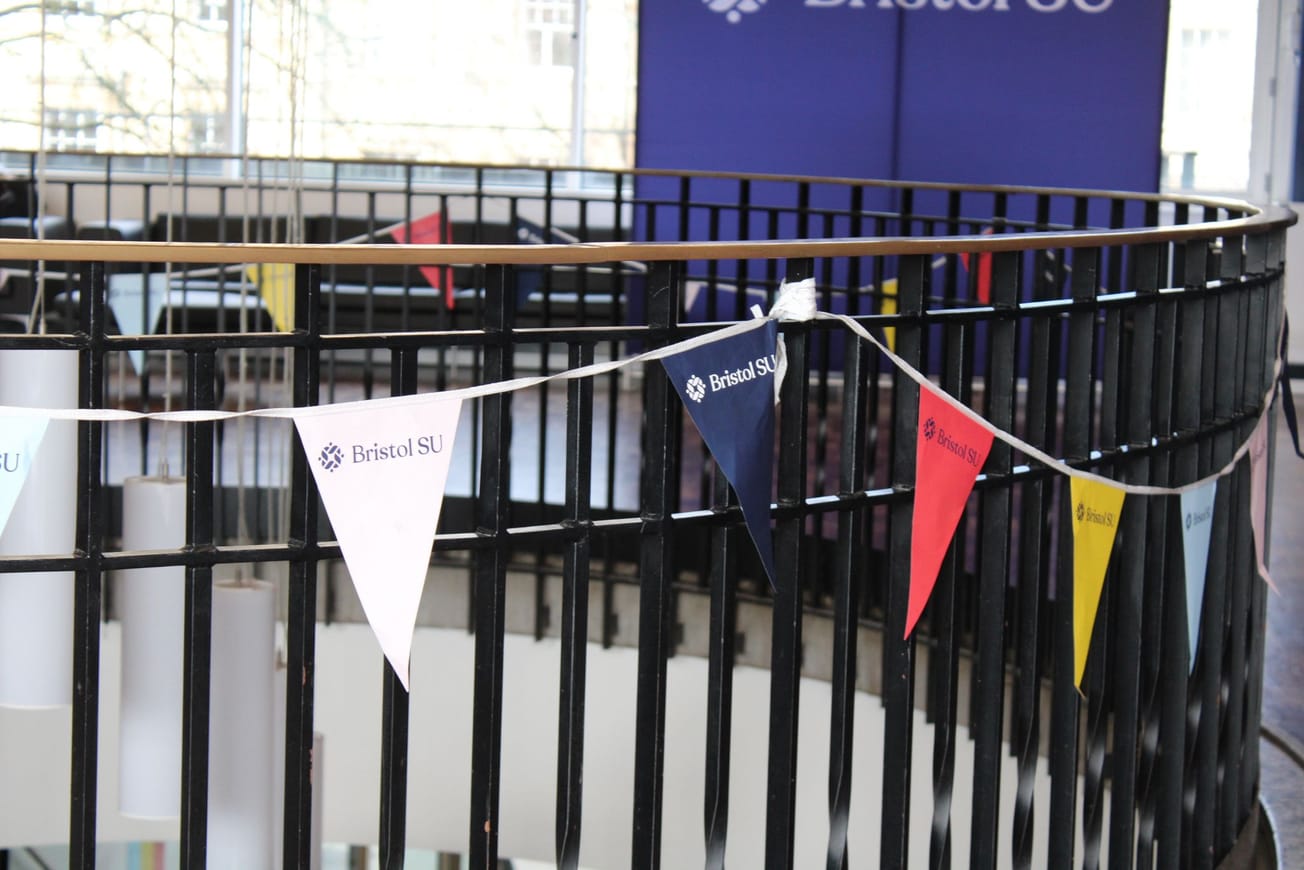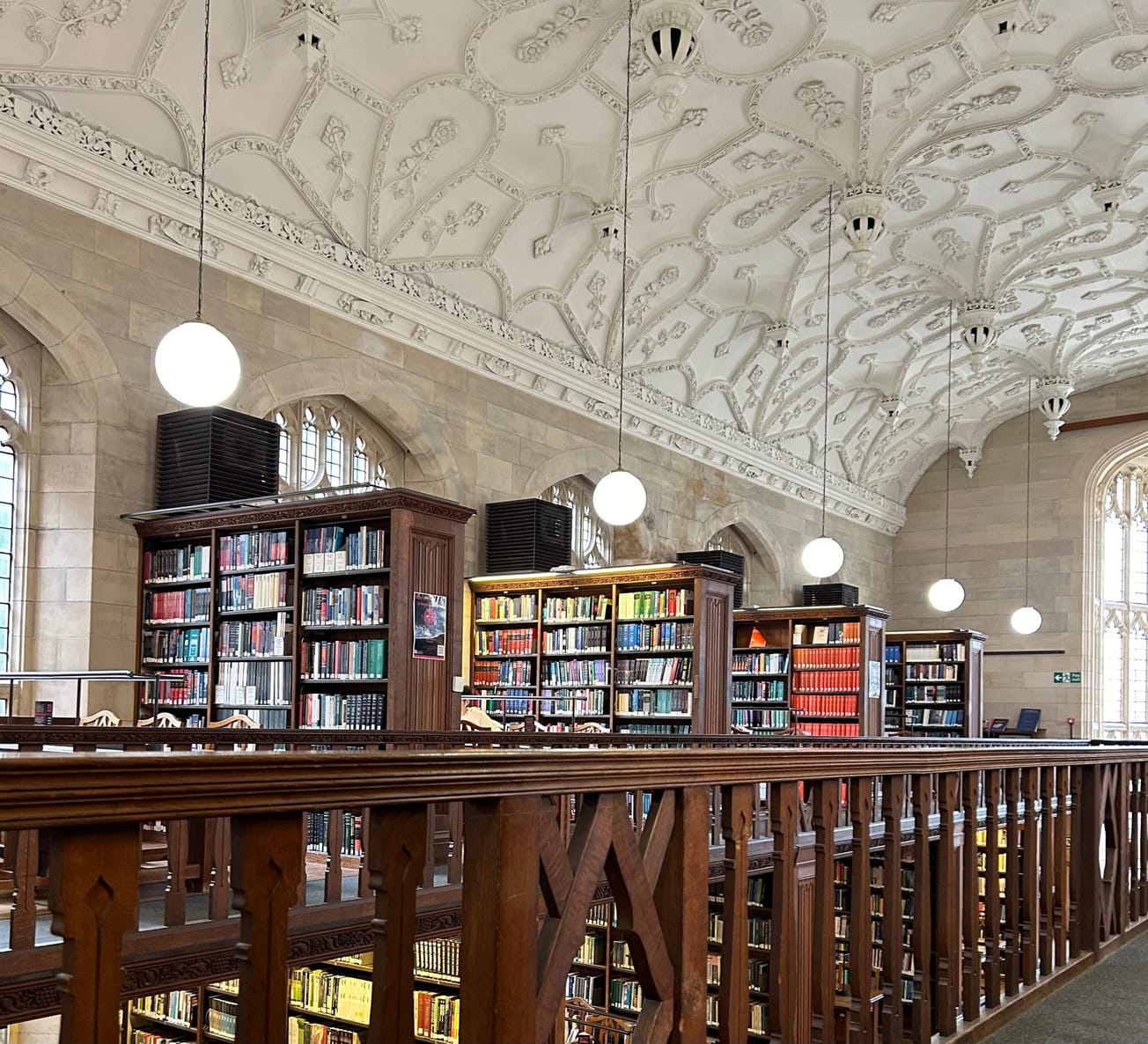By Charlotte Kyle, Epigram Social Media Manager
As Halloween approaches, parties and events begin to be discussed in group chats and many of us find ourselves reaching for our laptops and browsing the familiar sights of Amazon or Shein for outfit options. But as the world’s landfill sites continue to spill their waste into our natural spaces, damaging local environments and communities, is it time for us to kick the habit and try something different?
The darker side of the fashion industry is something that many of us are aware of, but equally, it remains the victim of an increasing ‘turn a blind eye’ culture. As students with tight budgets, buying from ethical fashion brands is often out of the question, but does this mean that we must continue feeding the second most polluting global industry?
The idea of ‘waste colonialism’ is a relatively new concept, but one that offers a shocking insight into the way in which the many countries that lived under British rule still feel the impact of our greed. During the colonial regime in Ghana, people were forced to wear Western-style clothing to access many key public services or buildings, this practice persisted, meaning many unsold items from British retailers were shipped to huge second-hand markets in Accra. However, much of these textiles are unsellable due to their poor quality, meaning huge quantities end up in illegal landfill sites. This waste then often enters local waterways, meaning fishing is now impossible in large parts of the ocean near Accra due to the sheer scale of plastic and clothing waste.
Hubbub is a UK-based environmental charity that carried out research into Halloween waste, and they discovered that approximately seven million costumes are thrown out in the UK each year and that 83% of these use non-recyclable oil-based plastics, which will inevitably end up in landfill sites such as those creating so many issues in Ghana. With the issue already at such a terrifying scale - what are we able to actually do?
Epigram spoke to the University of Bristol’s Fashion Forwards Society for some insights into reducing fast fashion consumption. The society itself offers various sustainable pop-up markets, second-hand fashion shows, and clothes swaps throughout the year, and shared advice on buying second-hand this Halloween. They told Epigram; ‘a definite major tip is always to source second-hand from charity shops and look to supporting small businesses, especially those who focus on preloved items’.
The University of Bristol’s Sustainability Network has developed an extremely useful, detailed guide to sustainable fashion in Bristol, which includes a great map of the charity and vintage shop hotspots around the city. It is worth noting, however, that the popularity of the shops in central Bristol often means their supply sells out quickly, so heading further out to areas such as Westbury-on-Trym, or even taking a day trip to Bath, can be a valuable strategy for sustainable costume hunting.
Alice, a fourth-year Bristol student with experience running an online sustainable fashion business and second-hand clothes pop-ups, shared her insights in an interview with Epigram. She recommended pooling a communal dressing-up box with your housemates, where anything purchased for a specific outfit can be reused multiple times by everyone in the group.
Alternatively, consider taking a more creative approach, instead of reaching for the unoriginal Poundland cat ears or devil horns, invest in some paint and make your costume using some recyclable cardboard, or even take the opportunity to teach yourself to crochet a Mike Wazowski hat. For any more formal Halloween or Christmas events, sites such as My Wardrobe HQ or By Rotation are a great option to find that unique piece for your ball or party. Some dresses cost as little as £5 per day, meaning that renting can be a practical choice that benefits both your budget and the environment.
'I just felt really overwhelmed': Understanding the psychology behind procrastination and how to tackle it
Spotlight | More than just a bookshop: Visting Clifton Community Bookshop
This Halloween, as students navigate costume choices, it's worth rethinking our approach. Fast fashion may offer convenience, but the environmental cost is far too high—especially when single-use costumes will inevitably add to the growing waste problem. By opting for second-hand, homemade, or rented outfits, it’s possible to celebrate creatively without contributing to the planet’s already overflowing landfills. With communities like Bristol leading the way in sustainable fashion solutions, now is the ideal time to shift these habits. The scariest thing this Halloween shouldn't be the environmental damage we’re leaving behind.
Featured Image: Unsplash / Beth Teutschmann
How will you be more sustainable this Halloween?









